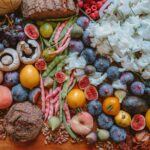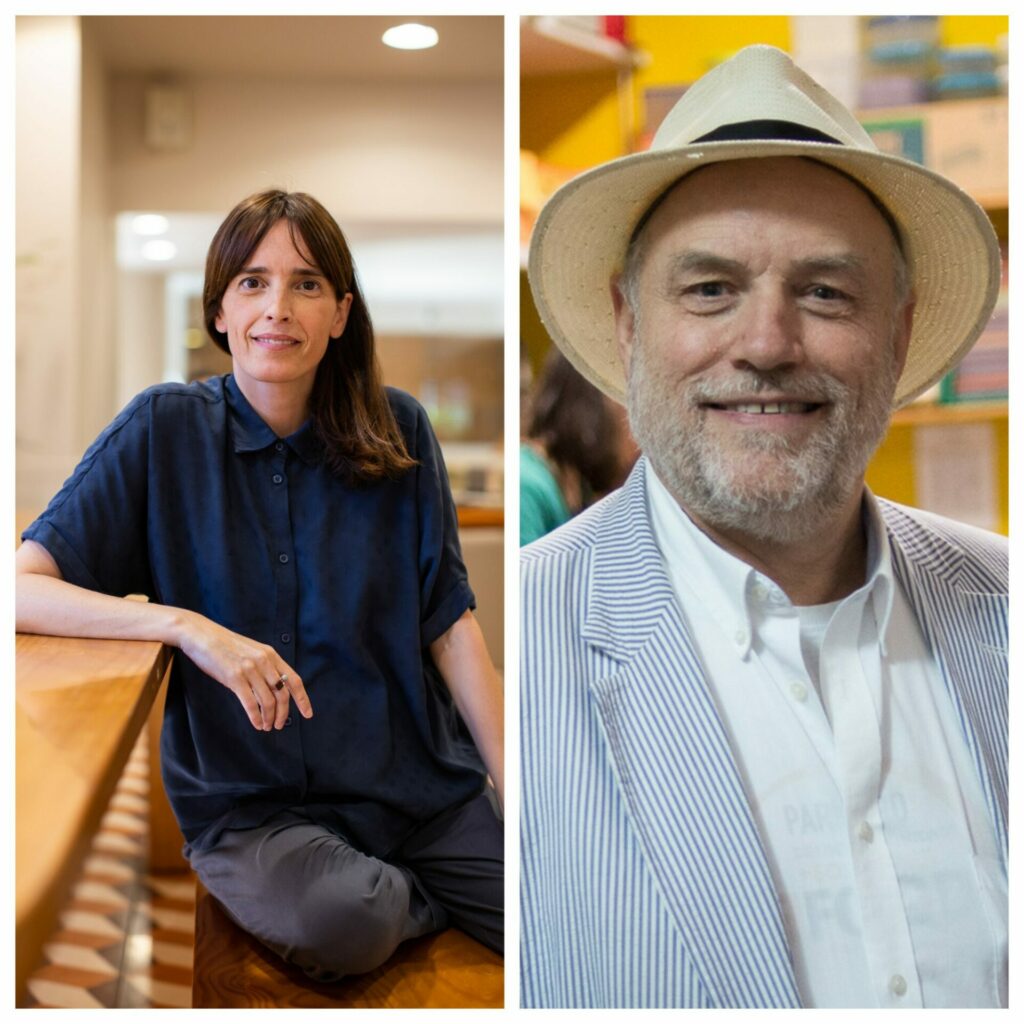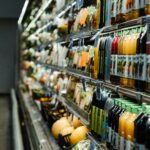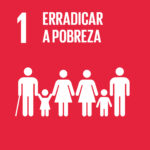
England sets up a fund to distribute tons of fresh produce that would otherwise end up in the garbage
England will grant subsidies starting at £20,000 to help get surplus agricultural food to those who need it, avoiding food waste. Thousands of tons of









 To discover businesses that are actively working to contribute to this Sustainable Development Goal,
To discover businesses that are actively working to contribute to this Sustainable Development Goal, 